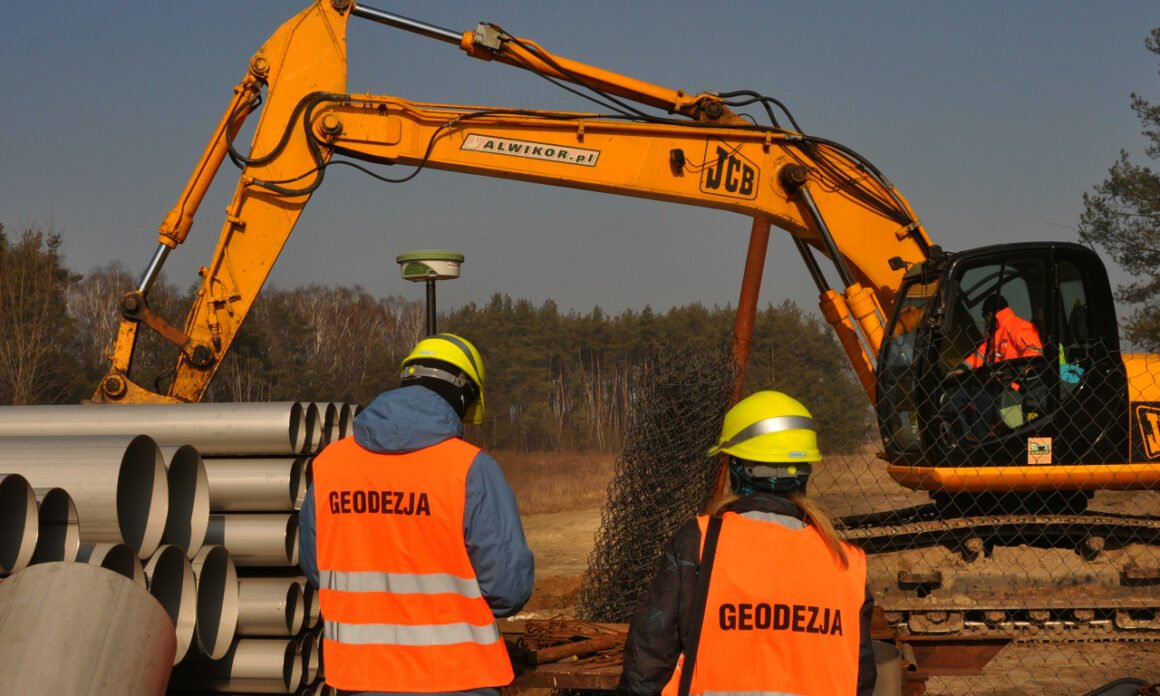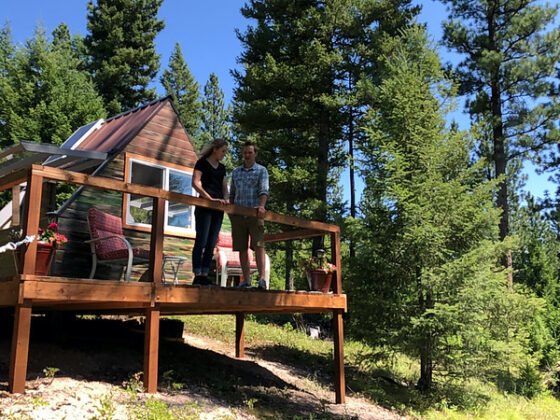Table of Contents Show
Excavation work has to be carried out accurately and diligently if you want to achieve the best results. There is a lot that can go wrong when removing soil. That is why it is a good idea to have the right knowledge and approach to get the job done safely and efficiently.
Using someone with that amount of know-how like Safetydig, for instance, will help ensure your excavation project runs smoothly. It also helps if you know the answers to some frequently asked questions relating to excavations.
What Are Some of The Most Important Safety Considerations?
Safety is clearly an important aspect of excavation work. You need to carry out a thorough risk assessment and take precautions to protect people working on the site from dangers such as a trip or fall, or exposure to utilities, electricity in particular.
Is There a Minimum Depth of Excavation for Safety Standards to Apply?
You always need to carry out a risk assessment before starting work, regardless of the depth of excavation.
For guidance, legally enforceable safety standards are usually applicable from a depth as shallow as 1.25 m.
Read Also:
How Frequently Should Safety Inspections Be Carried Out?
Inspections should be at regular intervals. That usually means at least once a day, or as and when any aspect of the work changes that could impact the stability of the excavation.
What Sort of Paperwork Is Needed?
Seek local official guidance or speak to your contractor about any permits or inspection forms that need to be completed.
What Should I Focus on As Part of the Inspection of Work?
There are a number of key aspects that need to be verified as part of the inspection.
These include checking the excavation and shoring is in accordance with the plans. Check for any noticeable cracks or defects, and whether waste soil has been correctly removed.
What Are the Main Hazards Relating to Excavation Work?
Some of the main hazards to be aware of include the risk of excavation collapse, falling loads, the threat to the integrity of nearby structures, and the presence of power lines near or on the site.
How Can I Guard Against Disrupted Service Cables?
You need to check with local service providers for location information and look for any obvious signs of the presence of power lines and other utilities.
What Is the Best Way to Prevent an Excavation Collapse?
Keep equipment and vehicles at a safe distance away from the excavation area when not in use. Do not attempt to enter an unsupported excavation area.
What Is the Best Way to Keep Materials from Falling Onto Workers?
There is always the prospect of an injury to workers when waste soil or materials are close to the edge.
Ensure every worker wears safety hats and secure the perimeter to protect against falling materials.
What Sort of Control Measures Should Be in Place?
You need to verify that any excavation work will not impact the footings or structural integrity of nearby structures.
Using a professional contractor will greatly increase your health and safety standards and allow you to comply with all of the necessary requirements relating to the excavation.
If you have any doubts about your ability to complete any excavation work safely and to the required standard, speak to an excavation professional.










